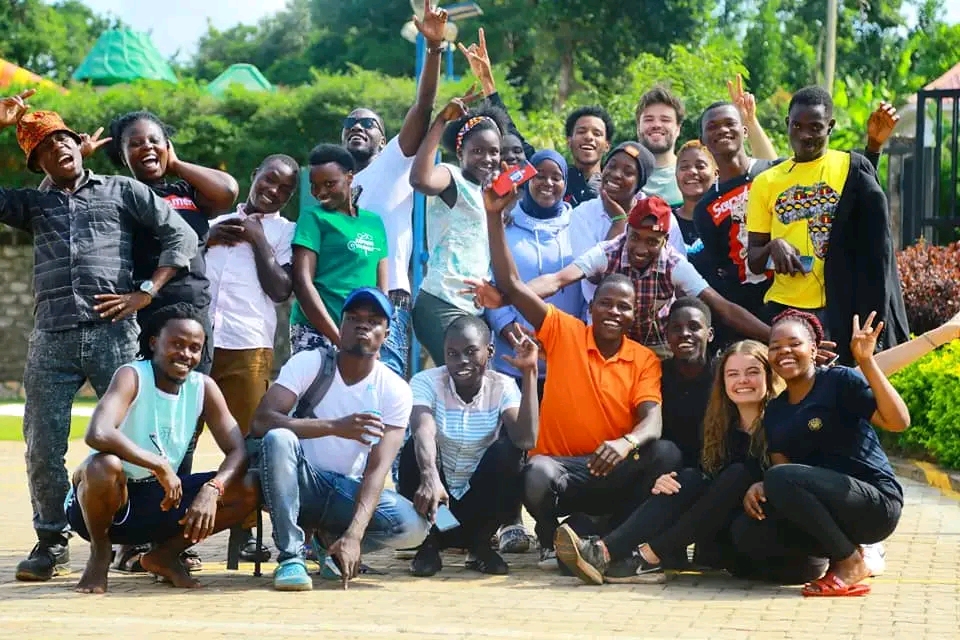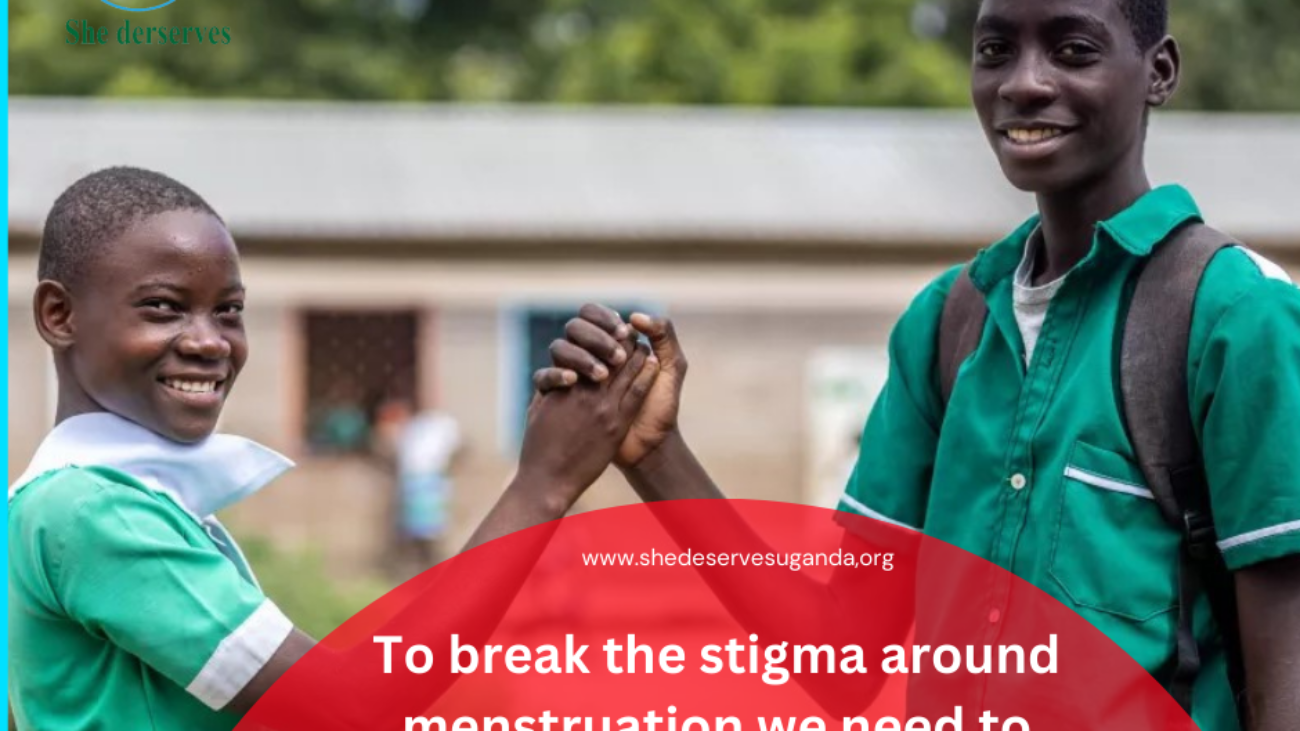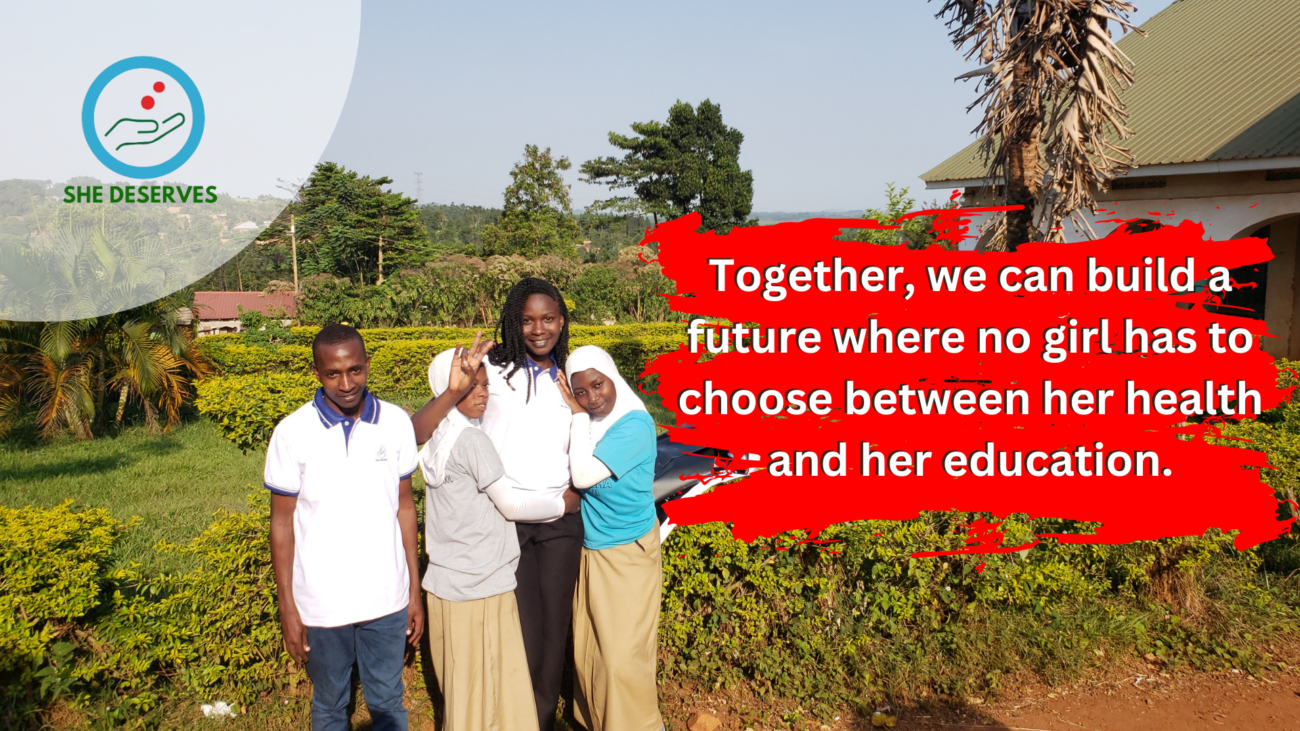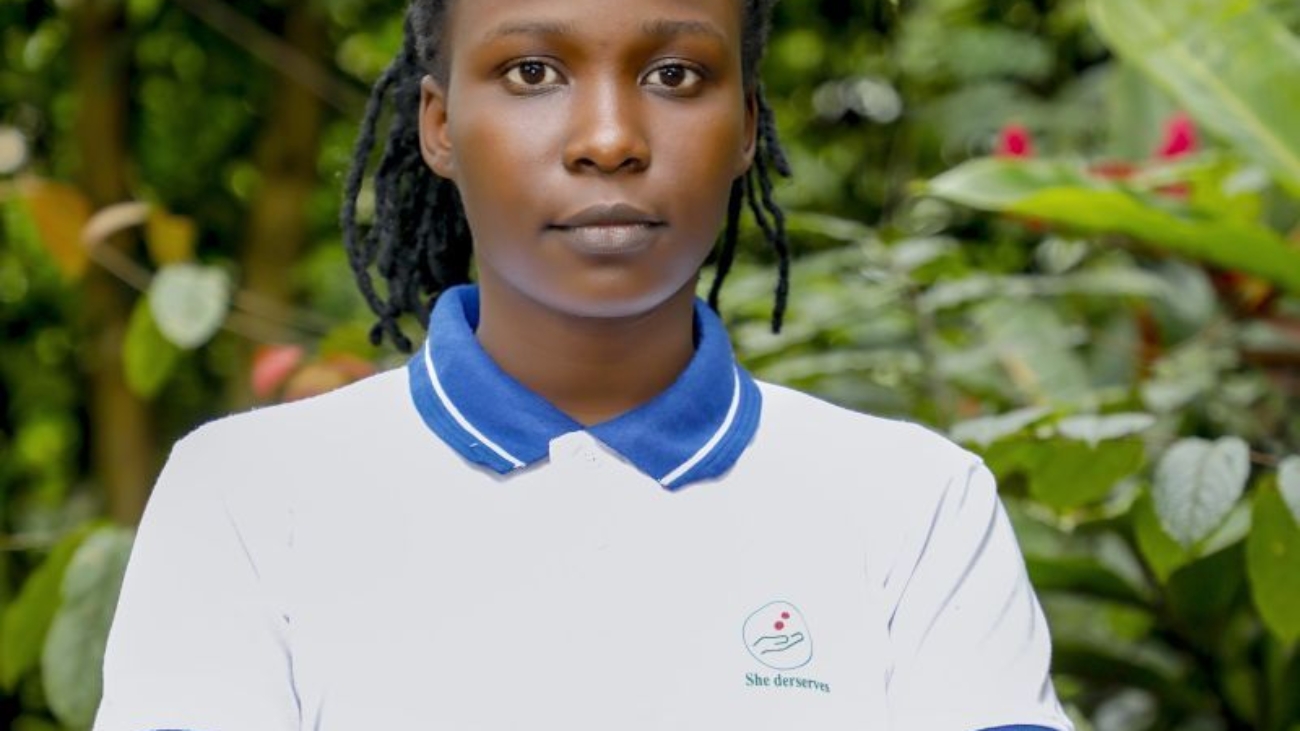Menstruation has long been shrouded in silence, often discussed in hushed tones. This reticence perpetuates stigma, misinformation, and a range of challenges that deeply affect girls and women. To drive meaningful change, it is essential to dismantle these barriers and include everyone in the dialogue, especially boys and men.
Understanding Menstrual Stigma: A Multifaceted Issue
Menstrual stigma is not merely a social concern but a complex issue with far-reaching implications:
- Economic Impact: Globally, many girls miss school during their menstrual periods, which can significantly hinder their educational attainment and future economic prospects. According to UNICEF, one in ten girls in Africa is absent from school due to menstruation.
- Health Risks: Inadequate access to menstrual hygiene products can lead to serious health issues, including infections and reproductive complications. In India, approximately 70% of girls and women lack sufficient menstrual hygiene facilities.
- Psychological Effects: The shame and embarrassment associated with menstruation can contribute to low self-esteem and anxiety, further complicating the lives of those affected.
These realities underscore the urgent need to address menstrual stigma comprehensively and ensure that all individuals, regardless of gender, have access to the necessary information and resources.
The Essential Role of Boys and Men

Boys and men are not passive observers in this issue; they are vital partners in fostering a period-positive culture:
- Education: Understanding the menstrual cycle and its associated challenges enables boys to become supportive allies. Research shows that boys who receive comprehensive sex education are more likely to develop positive attitudes towards menstruation.
- Challenging Gender Norms: Boys and men can play a crucial role in dismantling harmful stereotypes by rejecting period-related jokes and discriminatory language.
- Advocacy and Support: By advocating for policies that enhance menstrual health and hygiene, boys and men can contribute to creating a more equitable society.
As the late Ruth Bader Ginsburg aptly stated, “Women belong in all places where decisions are being made,” including decisions about their own health and bodies. Engaging boys and men in this dialogue is a significant step towards achieving gender equality.
A Call to Action
To effectively break the silence surrounding menstruation, a collective effort is necessary. Here are actionable steps to contribute to a period-positive world:
- Promote Open Dialogue: Encourage discussions about menstruation in educational settings, homes, and communities.
- Advocate for Access: Support policies that ensure menstrual products are affordable and accessible to all.
- Challenge Stereotypes: Actively confront period stigma and foster a culture of respect and understanding.
- Support Organizations: Engage with and support organizations dedicated to ending menstrual stigma through volunteering or donations.
By working together, we can create an environment where menstruation is recognized as a normal, unashamed aspect of life, free from stigma and barriers. How will you contribute to fostering a period-positive world?



